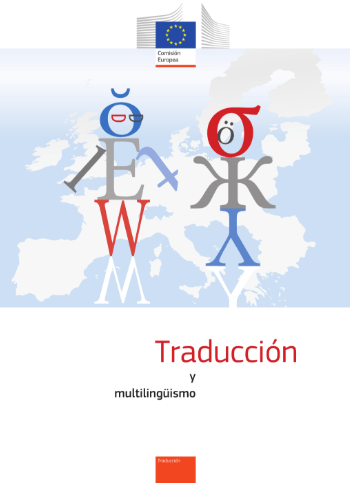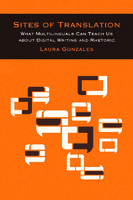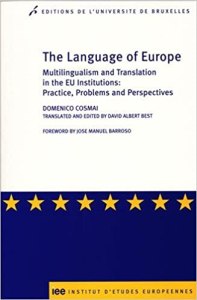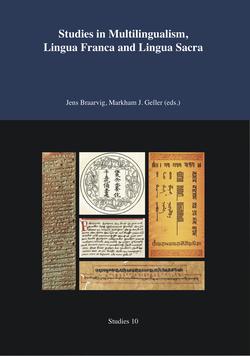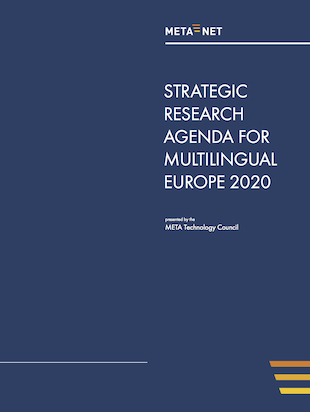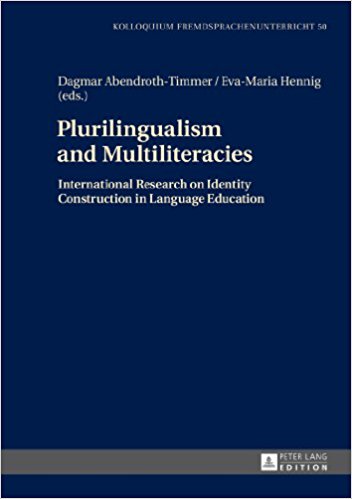Kohl, K., Dudrah, R., Gosler, A., Graham, S., Maiden, M., & Reynolds (eds), W. O. and M. (s. f.). Creative Multilingualism: A Manifesto. Open Edition,
Texto completo
Multilingualism is integral to the human condition. Hinging on the concept of Creative Multilingualism – the idea that language diversity and creativity are mutually enriching – this timely and thought-provoking volume shows how the concept provides a matrix for experimentation with ideas, approaches and methods.
The book presents four years of joint research on Creative Multilingualism conducted across disciplines, from the humanities through to the social and natural sciences. It is structured as a manifesto, comprising ten major statements which are unpacked and explored through various case studies across ten chapters. They encompass areas including the rich relationship between language diversity and diversity of identity, thought and expression; the interaction between language diversity and biodiversity; the ‘prismatic’ unfolding of meaning in translation; the benefits of linguistic creativity in a classroom-setting; and the ingenuity underpinning ‘conlangs’ (‘constructed languages’) such as Tolkien’s Quenya and Sindarin, designed to give imagined peoples a distinctive medium capable of expressing their cultural identity.
Creative Multilingualism: A Manifesto is a welcome contribution to the field of modern languages, highlighting the intricate relationship between multilingualism and creativity, and, crucially, reaching beyond an Anglo-centric view of the world. Intended to spark further research and discussion, this book appeals to young people interested in languages, language learning and cultural exchange. It will be a valuable resource for academics, educators, policy makers and parents of bilingual or multilingual children. Its accessible style also speaks to general readers interested in the role of language diversity in our everyday lives, and the untapped creative potential of multilingualism.
